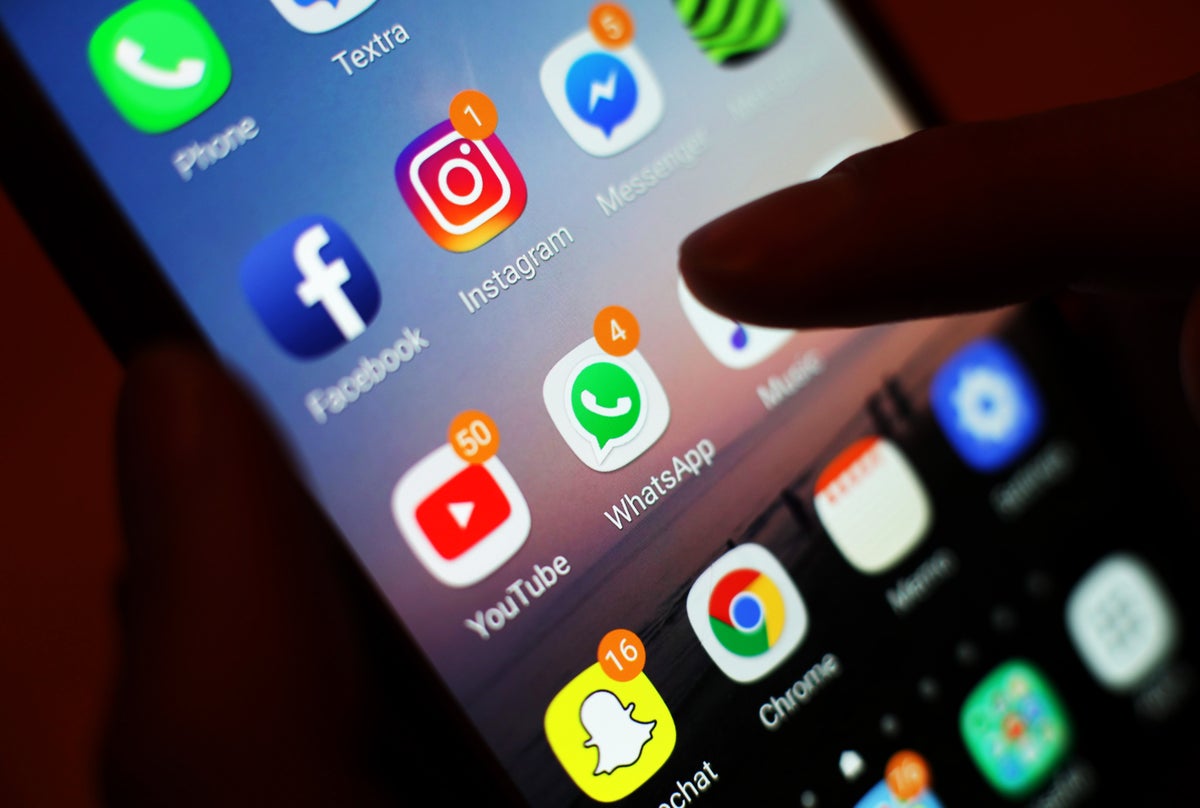
Almost six million households are struggling to afford essential communication services such as their mobile phone, broadband and landline as the cost-of-living crisis worsens, a consumer group has warned.
Which? has called on the Government to cut VAT on household telecoms bills on the back of Ofcom data showing that an estimated 5.7 million households experienced problems such as having to reduce spending on other essentials, cancelling or changing their service or missing payments in the month of April.
The number of households that experienced multiple affordability issues – for example, who had struggled to afford more than one telecoms service or made more than one financial adjustment to afford their telecoms – increased by 56% from February to April, the figures show.
The fact that millions of households have made sacrifices to prioritise their broadband and mobile connections during the cost-of-living crisis demonstrates just how essential these services are for day-to-day modern life— Which?
An estimated 3.5 million households reduced their spending on other essential items, such as food and clothes, to afford their connectivity services in April, up from an estimated 2.2 million in February – a 59% increase.
One in five lower income households (22%) reduced spending elsewhere to afford connectivity services in April. This figure was one in eight (13%) for middle income households – almost doubling from 7% in February.
Which? said the fact that so many households had chosen to prioritise their telecoms services during the cost-of-living crisis “further demonstrates just how essential these services are to modern life”.
However, this was not reflected in how these services are taxed, the watchdog said, urging the next prime minister to reduce the amount of VAT paid on telecoms from 20% to 5% in line with other essentials such as gas and electricity.
It noted that even the most financially vulnerable consumers were charged 20% VAT for social tariffs.
It estimated that reducing the VAT rate on telecoms to 5% would save the average household £120 per year.
Which? has also urged providers to support any customers struggling to afford their bills and to make them aware of any discounts they may be eligible for.
Which? director of policy and advocacy Rocio Concha said: “The fact that millions of households have made sacrifices to prioritise their broadband and mobile connections during the cost-of-living crisis demonstrates just how essential these services are for day-to-day modern life.
“To help cut bill costs, the next prime minister should reduce the VAT paid on telecoms in line with other essential services. Businesses must support anyone struggling to afford their bills and ensure consumers are aware of and able to access the best deals.”
A Government spokesman said: “We understand that people are struggling with rising prices which is why we have acted to protect the eight million most vulnerable British families through at least £1,200 of direct payments this year with additional support for pensioners and those claiming disability benefits.
“Through our £37 billion support package, we are also saving the typical employee over £330 a year through a tax cut in July, allowing people on universal credit to keep £1,000 more of what they earn and cutting fuel duty by 5p, saving a typical family £100.
“We have also secured strong commitments from broadband and mobile companies to help those worried about their bills during this difficult time such as allowing them to move to cheaper packages without charge or penalty, or agreeing manageable payment plans.”







